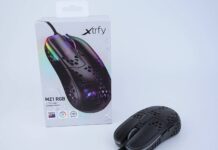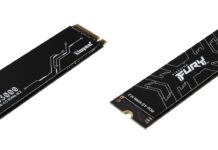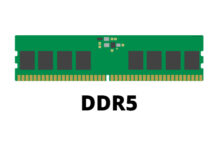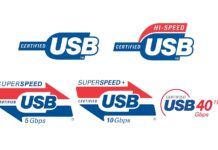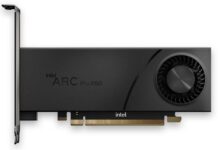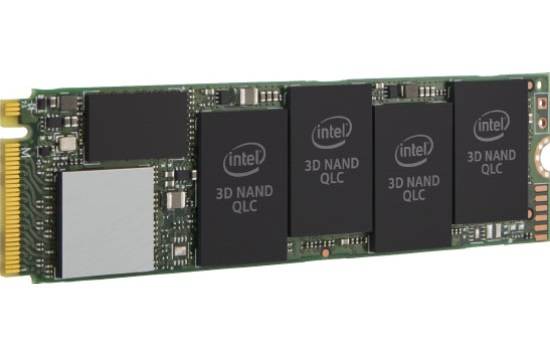
Starting from last year, TLC NAND flash has become the go-to memory technology for mainstream SATA and NVMe SSDs in the consumer market. Earlier in August, Samsung announced its first consumer QLC SSD. Now, Intel has followed up and released the 660p series QLC-based NVMe SSDs.
Compare with other mainstream NVMe SSDs, the new 660p series SSDs do not have particularly great performance in read/write and durability, but excel in both prices and capacities. There are three models with different sizes, including 512 GB, 1 TB and 2TB. The smaller 512 GB model has sequential read and write speed at 1500 MB/s and 1000 MB/s respectively. Larger versions can run faster at 1800 MB/s. The SSDs are transferring data through PCIe 3.0 x4 interface.
The most important feature of the 660p SSDs is the 4-bit QLC NAND flash to store all the data. The drives do not offer endurance benefit over the TLC cell. For example, the 660p is rated from 100 TBW to 200 TBW, while the 760p is 288 TBW to 576 TBW (512 GB to 2 TB). However, if you are not writing tens of gigabytes every day, it is not a big issue for the average consumers.
The main advantages of the 660p SSDs are higher capacities and more affordable prices. For budget SSDs, the 660p can go up to 2 TB. The price of the 1 TB model has not been announced, and the MSRP of the 512 GB and 2 TB is $99 USD and $399 USD. In contrast, the 760p cost $199 USD, $374 USD and $744 USD for the same capacities.
The 660p series SSDs may be one of the best budget NVMe SSDs with decent performance in the market. You can get more storage in much cheaper price.
Feel free to leave comments below, if you have any opinion about this website. Share the website around if you enjoy reading it. Subscribe to our Newsletter or follow our Google+, Facebook and Twitter.
Support this website simply by shopping in Amazon. It will give us small kickbacks, if you use the above affiliate links to make any purchases, which will help us grow.





